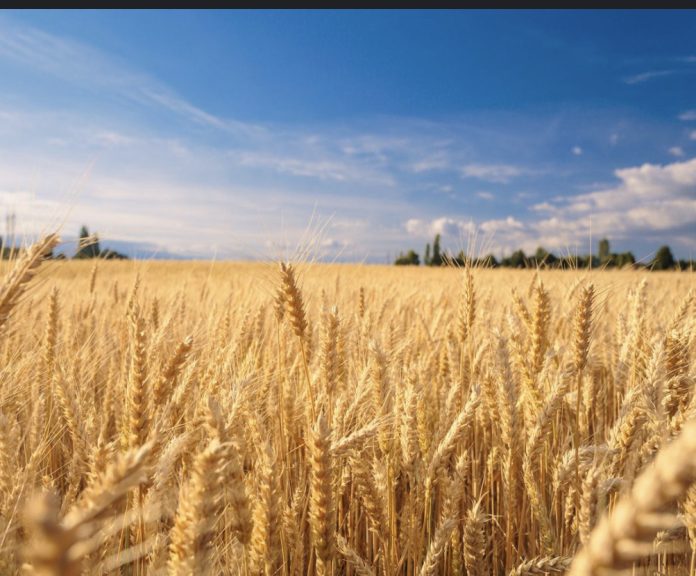New data released by the Department for Food, Environment and Rural affairs reveals that England has suffered its second worst harvest on record, following record breaking rain last winter that reduced yields and disrupted farmers’ ability to grow crops.
Records have tumbled again in parts of England in the last few weeks, leaving many farmers fearing that we may face a repeat in 2025.
The English wheat harvest is estimated to be 10m tonnes or 21% down on 2023. Winter barley was 26% down on last year, and the oilseed rape harvest was down 32%. Compared to the five year average, the oilseed rape harvest was down by 38%. In total, the harvest for wheat, winter and spring barley, oats and oilseed rape was down by 15% on 2023 and 18% on the five year average, with increases in spring barley and oat production failing to offset major declines in the other crops.
For many farmers in England, the drilling season this year has got off to an even worse start than 2023 following record breaking rain across much of southern, central and eastern England.
Tom Lancaster, land, food and farming analyst at the Energy and Climate Intelligence Unit (ECIU) said:
“This year’s harvest was a shocker, and climate change is to blame. Whilst shoppers have been partly insulated by imports picking up some of the slack, Britain’s farmers have borne the brunt of the second worst harvest on record.
“It is clear that climate change is the biggest threat to UK food security. And these impacts are only going to get worse until we reduce our greenhouse gas emissions to net zero, in order to stop the warming that is driving these extremes.
“At the Budget this month the new government has the opportunity to invest in more sustainable farming that would build our food security resilience to these extremes. The alternative is to allow the effects of these climate impacts to worsen in the years ahead.”
An analysis by World Weather Attribution (WWA) found that storm rainfall was made 20% heavier by climate change, and the volume of rainfall between October 2023 and March 2024 was made four times more likely







